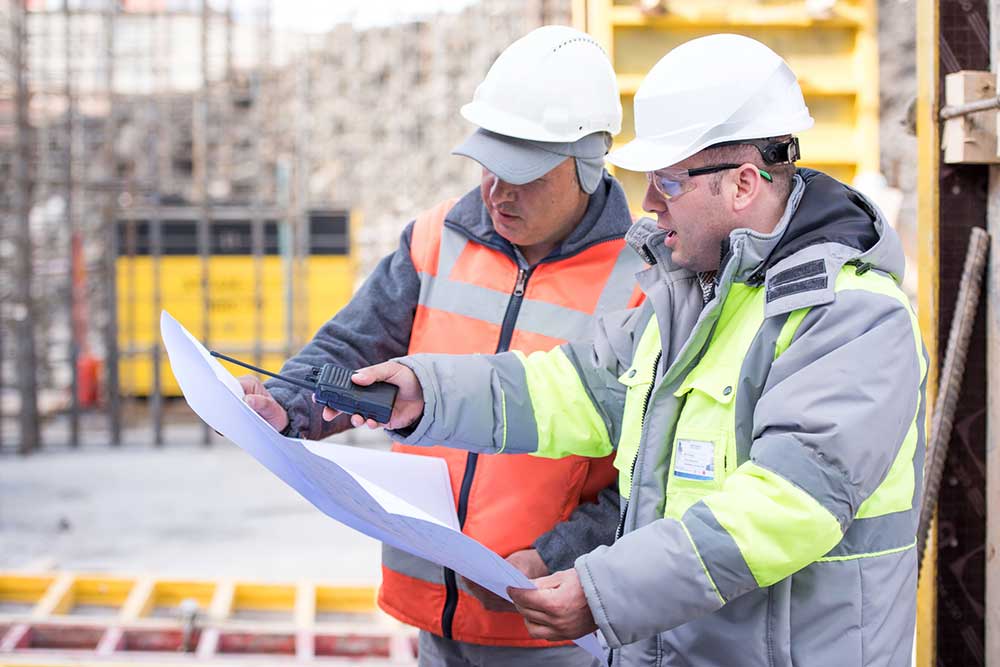
Civil Engineer
Careers Explorer:
Overview
As a Civil Engineer you have the really important role of planning, designing and managing construction projects.
Typically you would choose to specialise in a particular area;
- Structural (dams, buildings, offshore platforms and pipelines),
- Transportation (roads, railways, canals and airports),
- Environmental (water supply, drainage and flood barriers),
- Maritime (ports, harbours and sea defences),
- Geotechnical (mining, earthworks and construction foundations)
You could work on virtually any construction project – including sports stadiums, office buildings and private homes.
In this multi-skilled role, you will as part of team through all lifecycle stages of development, design, construction, commissioning, operation, maintenance, and decommissioning of civil engineering infrastructure.
You may also find yourself working across a variety of sectors, such as public and private sector organisations including; local authorities, central government departments and agencies, engineering consultancy practices and contracting businesses.

Top 5 Tasks
- Assist with site investigations
- Think both creatively and logically to resolve design and development problems
- Develop detailed designs
- Assess the potential risks of specific projects
- Communicate and liaise with fellow professionals
Salary
The average salary of a newly trained civil engineers is £30,000
Trained with experience civil engineers can earn in the region of £40,000 – £60,000
The average salary for a senior, chartered or master civil engineers is £70,000 and can reach £80,000.
Salaries depend on location, employer and level of responsibility – and improves with chartered status.
Am I Suited?
- All-rounder
- Team player
- Math and/or science geek
- Excellent communicator
- Problem solver
Qualifications
You usually need a three year Bachelor of Engineering degree or four year master’s degree in civil engineering. If you want to take up incorporated or chartered engineering jobs, these qualifications are important.
To get on a degree course you need at least three A-levels including maths and a science subject (normally physics).
If you already work in the industry as a technician, you could qualify as a civil engineer by studying part time for a BTEC HNC/HND, foundation degree or degree in civil engineering or through degree apprenticeships in construction.
To become a Senior or Principal Civil Engineer you will need to have worked on significant construction projects and for several years as a Civil Engineer. You will usually also need to have had completed an undergraduate degree and in some cases a master’s degree in civil engineering as well as have chartered status.






